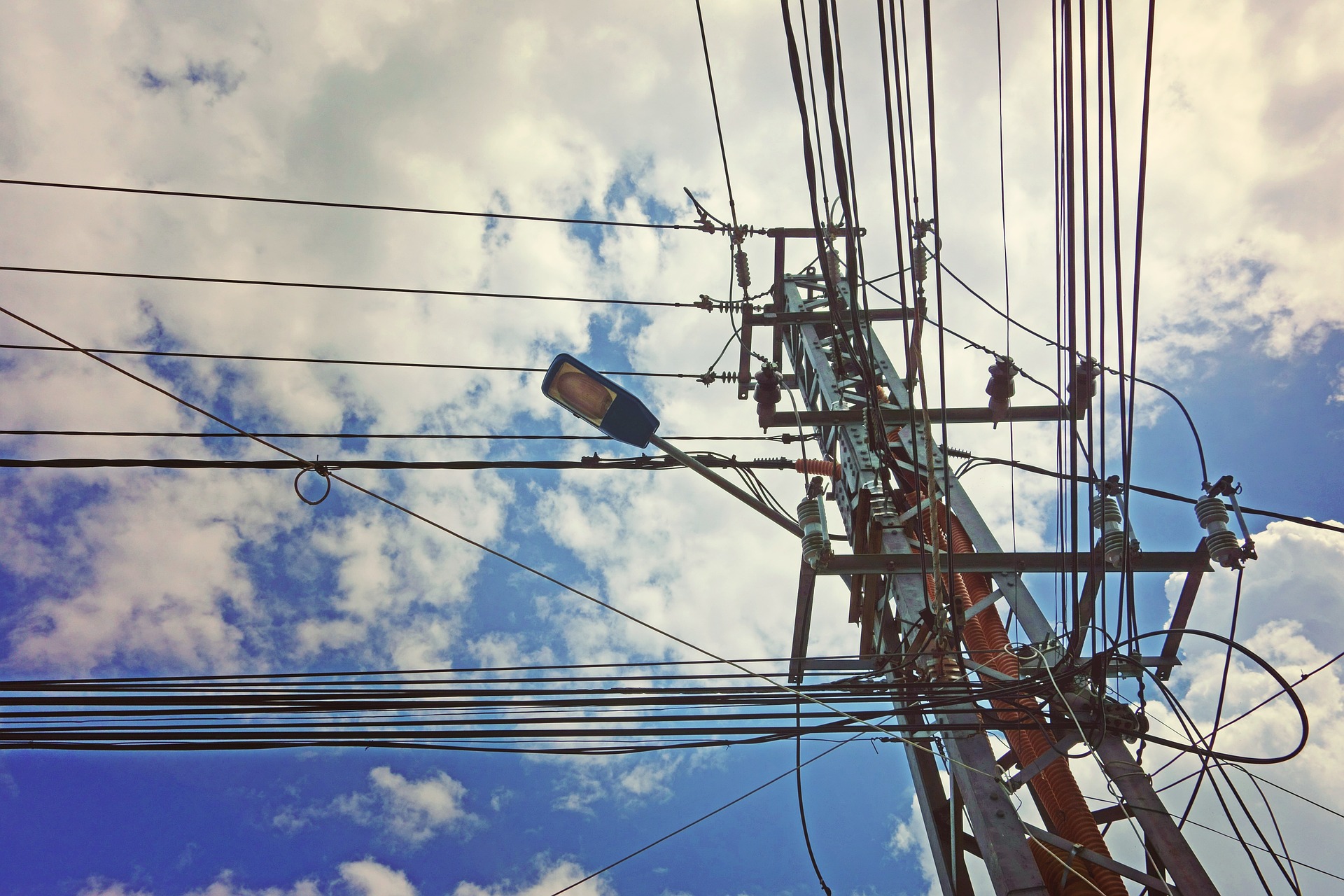While electrical cooperatives are a relatively small part of the total electricity market (about 15 percent of the U.S. population is part of a co-op) they’re responsible for maintaining close to half of the nation’s electric distribution lines. Remote locations, wide service areas, and lots of cash on hand present unique security challenges for their customer service staff. Recently TSS has helped design and install several bulletproof barriers for utility and electric co-op offices.
Over the years Total Security Solutions sales manager Bob George has worked with a large number of electrical cooperatives. He recently noted, “I don’t think people really appreciate the challenges co-ops face. They might have only 1/10th or 1/100th as many customers as a big publicly traded power company. But that co-op has just as big a service area. They end up maintaining 8 to 10 times as much equipment per customer. It’s a real case of ‘Do twice as much with half the resources’. But they consistently rise to and exceed those challenges.”
Electrical cooperatives and other small utilities face challenges beyond the economics of narrow margins, high costs, and large territories. They also face security challenges that are unique to their mission.
Unique Threats to Utility and Electric Cooperatives
Unlike the bigger investor-owned companies, co-ops serve small and mid-sized communities. They tend to be very spread out geographically. This means that they often need several small branch offices in addition to their headquarters. These satellite offices are a special concern, as they are often in remote locations with very few staff members on hand throughout the day. It’s not unusual to see just a single clerk behind the counter during business hours when the line workers are out on the road. These offices often have a great deal of cash on hand (especially if their clientele are older or live within limited financial means). That lone clerk is now seen as the face of the company to irate customers who have missed a payment or want to dispute their bill.
“With the climate we’re in right now,” Bob George explains, “with these awful incidents that just keep happening every couple weeks, people are being more proactive. With a lot of cash on hand, and irate customers, there’s a tendency to want to make sure your people are protected. And I hate to bring up gender, but it’s just a fact that in most of these isolated offices it is women working behind the counter, and the level of abuse that some people will aim at a female worker, it’s just hard to believe.”
This was certainly a key concern for Clark Energy when they contacted TSS in 2014, following an incident at another local utility co-op office near their Winchester, KY headquarters. As Holly Eades, Clark Energy vice president of finance, explained at that time: “When a big man is standing at the counter, screaming and cussing at a female customer service rep who’s five-foot-four, there’s something wrong with him…You just don’t know what’s going to happen.”
Electric and Utility Co-op Security Essentials
No two utility co-op offices are alike—even in the same cooperative. That said, there are a few key considerations for bullet resistant barrier systems designed for small utility co-ops. In general, a utility co-op should have a system that:
- Protects against common handguns calibers (i.e., a “Level 1 or 3” system). This would include appropriate bullet resistant glass and framing, as well as bullet resistant fiberglass to reinforce the counter front.
- Has two to three transaction windows (one of which should be ADA compliant, to accommodate customers with limited mobility)
- Includes a bullet resistant door with an electric strike or sturdy pushbutton Simplex lockset
- Will be installed with absolutely no business disruption (TSS, for example, installs barrier systems overnight or on the weekend)
Many builders, renovators, and security companies treat custom design work as an extra. TSS has built custom design, fabrication, and installation into their foundations—every job is a custom job to TSS.
“What’s key here,” notes TSS CEO Jim Richards, “Is that there’s no unending up-sell. We don’t live on change orders, and we don’t treat custom work like it’s a hassle or price it like it’s luxury. Doing custom work, making that system fit your office as though it was built in from day one, that is where we shine.”


